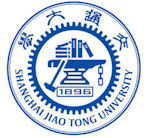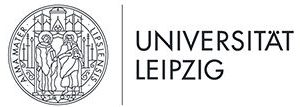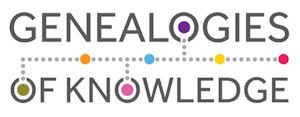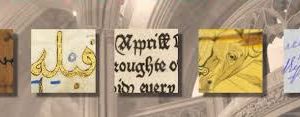 Welcome to the latest issue of the AHRC Genealogies of Knowledge project e-newsletter, featuring news on the people, events and activities associated with the project.
Welcome to the latest issue of the AHRC Genealogies of Knowledge project e-newsletter, featuring news on the people, events and activities associated with the project.
Genealogies of Knowledge I: Translating Political and Scientific Thought across Time and Space
Registration for the forthcoming Genealogies of Knowledge I conference (7-9 December 2017) is still available for delegates. The final deadline for registration is 5 December 2017.
Latest News
 The Challenge and Promise of Interdisciplinarity, 13-15 October 2017
The Challenge and Promise of Interdisciplinarity, 13-15 October 2017
The current research of several members of the Genealogies of Knowledge project team is being presented at the international conference that launches the Baker Centre for Translation and Intercultural Studies at Shanghai Jiao Tong University this month…
 ARTIS Training Event: Corpora in translation and interpreting studies
ARTIS Training Event: Corpora in translation and interpreting studies
The ARTIS (Advancing Research in Translation and Interpreting Studies) network are hosting a training workshop focusing on the evolving methodological challenges encountered in current corpus-based research, addressing such issues as orality, multimodality, historicity and born-digital texts….
 Arabographic Optical Character Recognition (OCR)
Arabographic Optical Character Recognition (OCR)
Benjamin Kiessling recently visited The University of Manchester. At a workshop in association with DH@Manchester, he discussed the implementation of innovative software for Arabographic Optical Character Recognition (OCR)..…
 New Members of Genealogies of Knowledge Project Advisory Board
New Members of Genealogies of Knowledge Project Advisory Board
We are pleased to announce that three colleagues from Manchester University have recently joined the Genealogies of Knowledge Project Advisory Board…
 Truth in translation
Truth in translation
How do you define truth? In medieval Europe, it was often thought that truth came from ancient texts in Latin or Greek, passed down through generations and only accessible to those who could read them. The truth in these texts could then be spoken to others who couldn’t read, or didn’t understand ancient languages. And few texts were more important in European society than the Bible…
